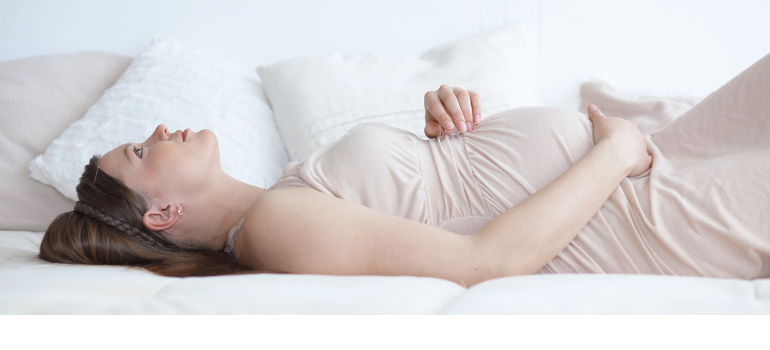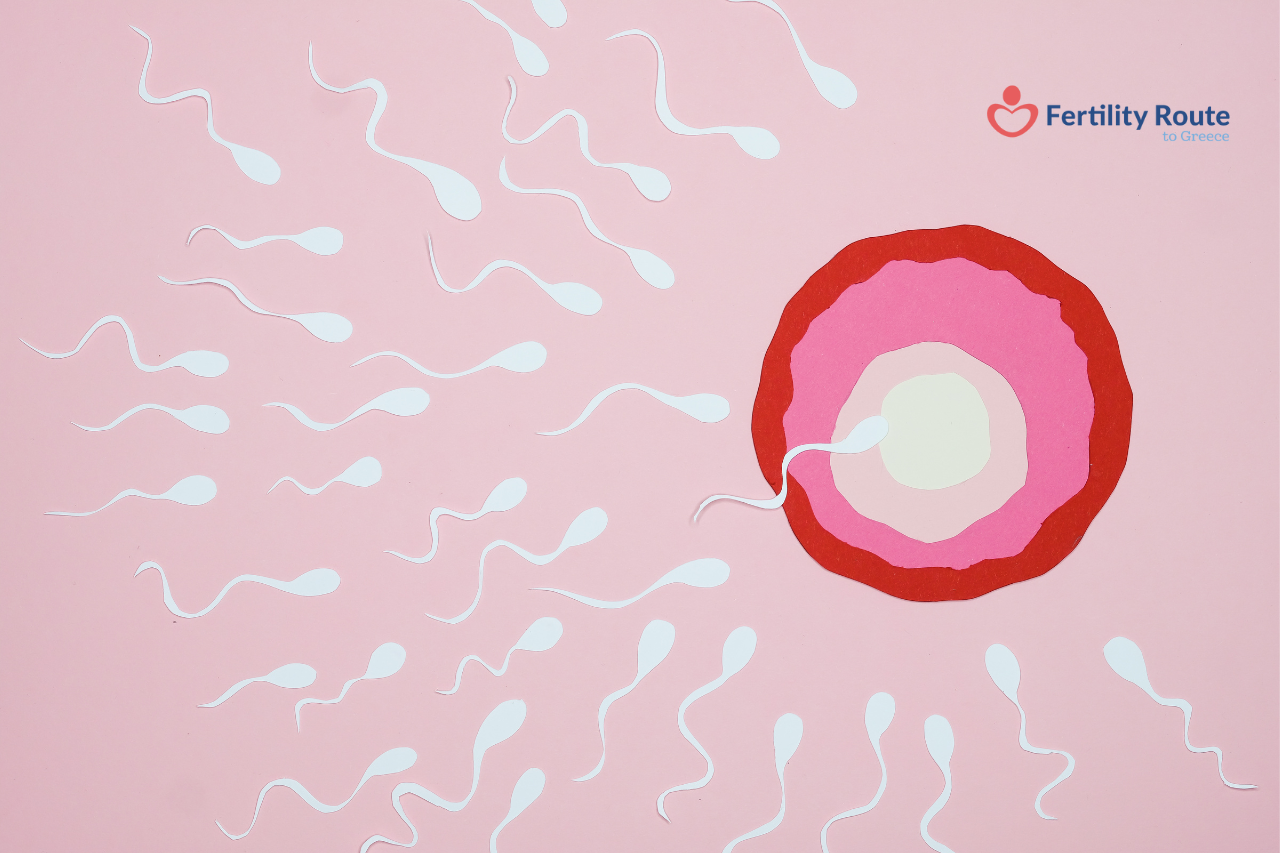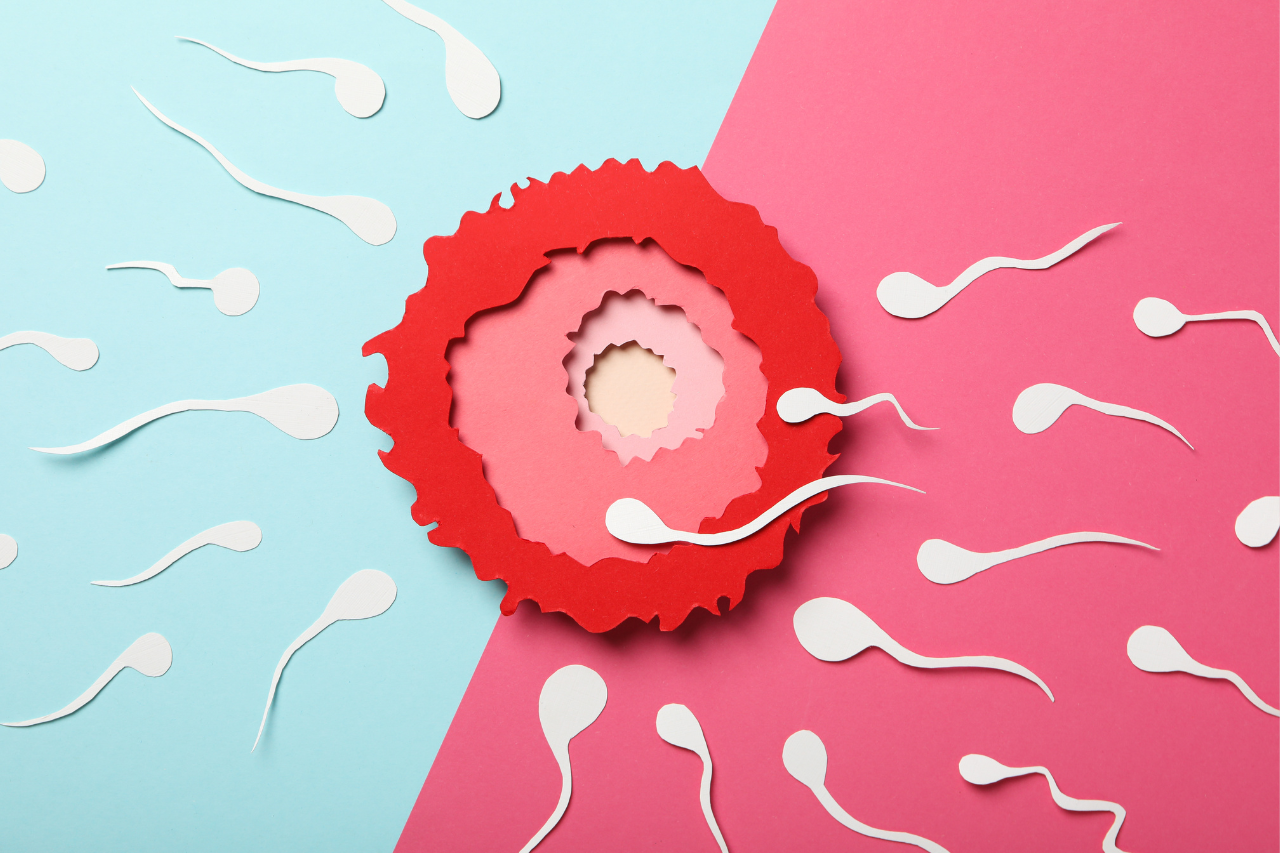
Yes, You Can Get Pregnant During Perimenopause
The questions for a woman who wants to experience the miracle of motherhood are many, especially as the years pass and time does not appear to be her only ally.
But it is science. And yes, it may sound extremely difficult, perhaps even impossible, nevertheless, even in the perimenopause phase, motherhood these days no longer seems like an elusive dream.
What is perimenopause?
The specific word comes from the Latin and Greek language which means “around” and we use it when we want to describe the phase around menopause.
In fact, it defines the period of time that begins several years before menopause.
Perimenopause is the period leading up to menopause when a woman’s ovaries gradually begin to produce less estrogen. This phase can last from a few years to a decade, with menopause officially beginning when a woman has gone 12 months without a period. During perimenopause, women may experience a variety of symptoms, including:
- Irregular periods
- Hot flashes
- Night sweats
- Mood swings
- Vaginal dryness
- Sleep disturbances
- Fluctuations in sexual behavior
Despite these symptoms, women are still ovulating intermittently during this phase, which means that they can still conceive.

How Does Pregnancy Occur During Perimenopause?
Even though ovulation becomes less predictable and periods may become irregular, pregnancy during perimenopause is possible because ovulation still occurs—albeit less frequently.
As long as there is ovulation and sperm is present, fertilization can happen. While fertility declines as women age, it does not disappear entirely until menopause is complete.
During perimenopause, hormone levels fluctuate. These fluctuations can lead to cycles where ovulation still occurs, even if it’s not happening every month. This is why women who are not using contraception during perimenopause may be surprised by an unexpected pregnancy.
In fact, there is still a small but real chance of conception until menopause is fully reached, typically between the ages of 45 and 55.
Fertility Changes During Perimenopause
Fertility begins to decline in a woman’s early 30s and decreases more significantly after age 35. By the time perimenopause begins, fertility has dropped substantially, but it’s not completely gone. The chances of getting pregnant naturally in one cycle during perimenopause are lower than in a woman’s 20s or early 30s but are still present.
Two key factors that affect fertility during perimenopause include:
- Egg Quality and Quantity: As women age, the number of eggs in their ovaries decreases, and the quality of the remaining eggs tends to decline. This can make conception more difficult and increase the risk of miscarriage and chromosomal abnormalities, such as Down syndrome.
- Irregular Ovulation: During perimenopause, the body’s hormonal fluctuations make ovulation unpredictable. Some cycles may not result in ovulation at all, while others may lead to late or early ovulation. This unpredictability complicates efforts to conceive, especially if a woman is trying to time intercourse around ovulation.
While these factors make conception less likely, it’s still important to note that pregnancy can happen if ovulation occurs and there is sperm present.
What Are the Risks of Pregnancy During Perimenopause?
Pregnancy during perimenopause is still possible and can lead to a healthy outcome with proper care. While there are some risks, understanding them and working closely with your healthcare provider can help you navigate this exciting chapter with confidence and ensure the best for both you and your baby.
Some of the risks include:
-
- Increased Risk of Miscarriage: Higher miscarriage rates due to declining egg quality, especially in women over 40.
- Chromosomal Abnormalities: Greater likelihood of conditions like Down syndrome in the baby.
- Gestational Diabetes: Higher risk of developing diabetes during pregnancy, leading to complications.
- High Blood Pressure and Preeclampsia: Increased risk of pregnancy-related hypertension and preeclampsia.
- Premature Birth and Low Birth Weight: Higher chance of delivering early or having a baby with low birth weight.
- Multiple Births: Greater likelihood of twins or multiples, which adds further risks.

Fertility Treatments During Perimenopause
Fertility treatments during perimenopause offer hope to women seeking to conceive despite the natural decline in fertility. With advancements in reproductive technology, options like IVF and donor eggs can increase the chances of a healthy pregnancy, allowing women to embrace the possibility of starting or growing their families.
However, it is important to note that fertility treatments for older women can be more complex and expensive, and the success rates are lower compared to younger women.
Additionally, donor eggs are often recommended for women over the age of 40 because of the higher likelihood of chromosomal abnormalities in the woman’s own eggs. Using a donor egg can improve the chances of a healthy pregnancy and reduce the risk of miscarriage or genetic disorders.
Pregnancy during perimenopause may come as an unexpected twist, but it can also be a beautiful new chapter filled with hope and love. The journey may be different from what you imagined, but the joy of welcoming a new life knows no boundaries of age or time.



